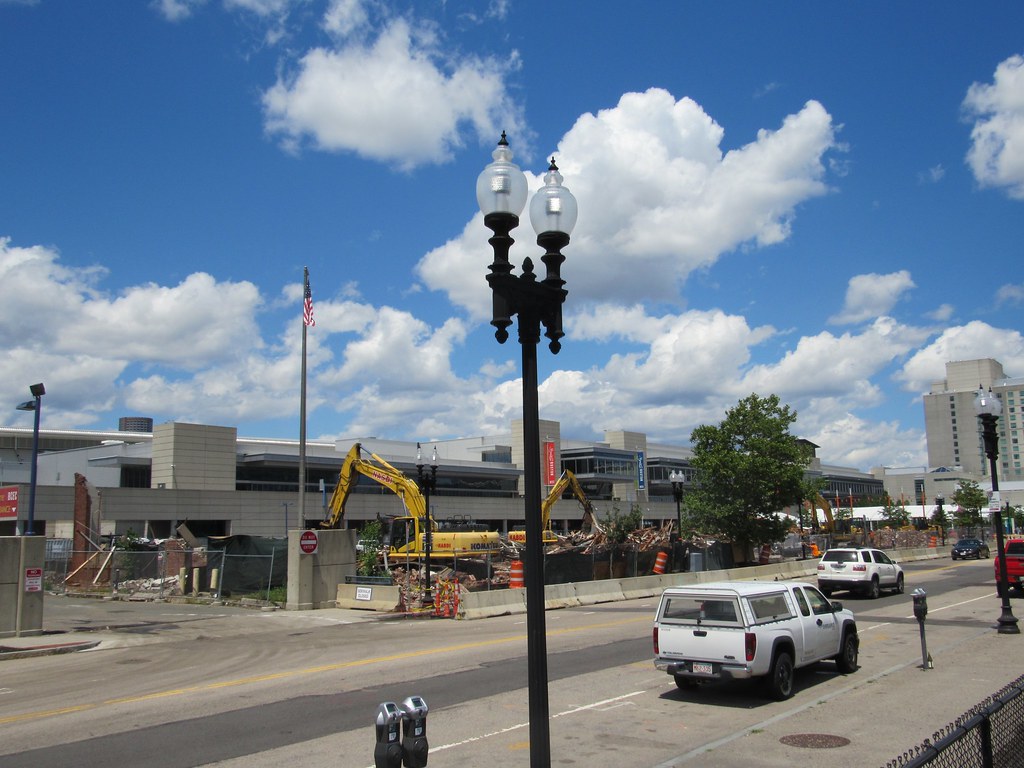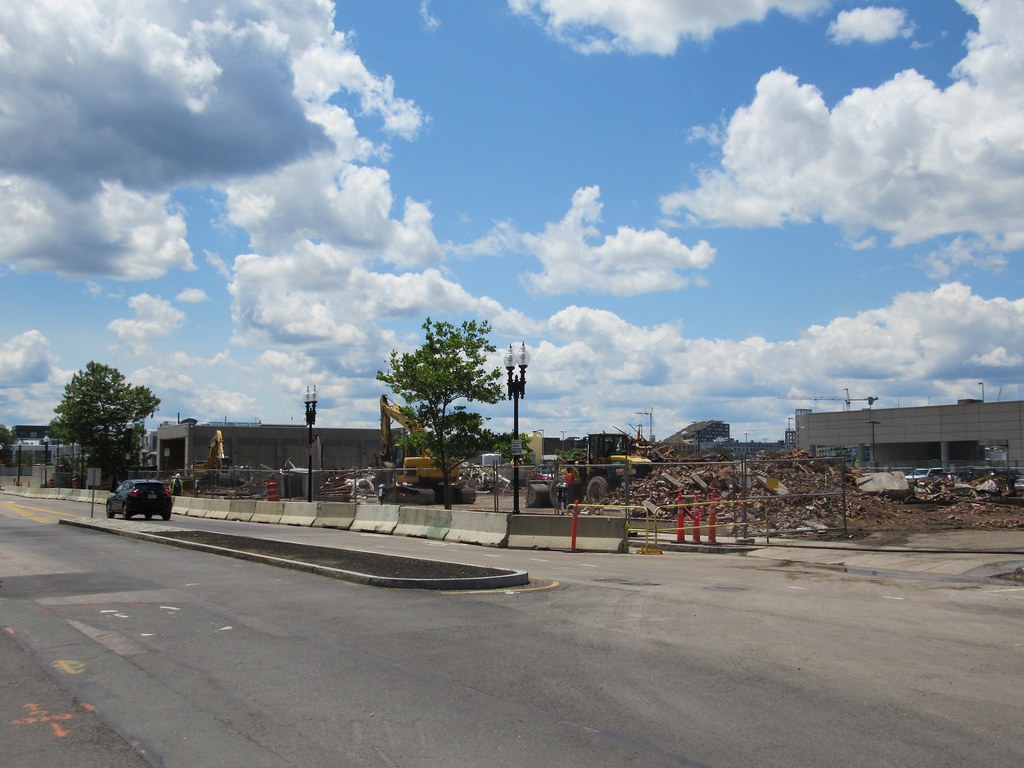- Joined
- Dec 10, 2011
- Messages
- 5,599
- Reaction score
- 2,717
There is no "we" who could use a larger convention center, unless you're counting bureacrats and a one time upside for construction trades.We could really use a larger convention center to make us competitive with the biggest convention destinations.
Big Conventions are being killed by e-networking (which companies are using instead) and better-targeted, smaller conventions (which e-targeting has made it possible to invite you to a conference where every topic & booth more-exactly meets your needs).
Upthread you will read that the BCEC is underutilized (rarely full) as it is, and that up-sizing for the very biggest conventions is "sizing the chapel for Christmas morning" (it will sit even emptier most of the year).
And worse, the "biggest conventions" arms race is a fool's game, just like playing in the "build a stadium to attract a [major sport] franchise" would be. The imagined "Christmas morning" uses happen too freakishly infrequently to ever pay back.
Not really. And specifically, the best new development goes in the accessible core, close to Logan, South Station, transit, and hotels. Offices would be a much more consistent source of hotel stays than big conventions. Indeed, Boston hotels are all operating essentially full based on the aggregation of very small business trips generated by offices, small meetings, and future-sized (targeted) conventions.New development can really go anywhere. The rest of the convention center can only go in one place.


